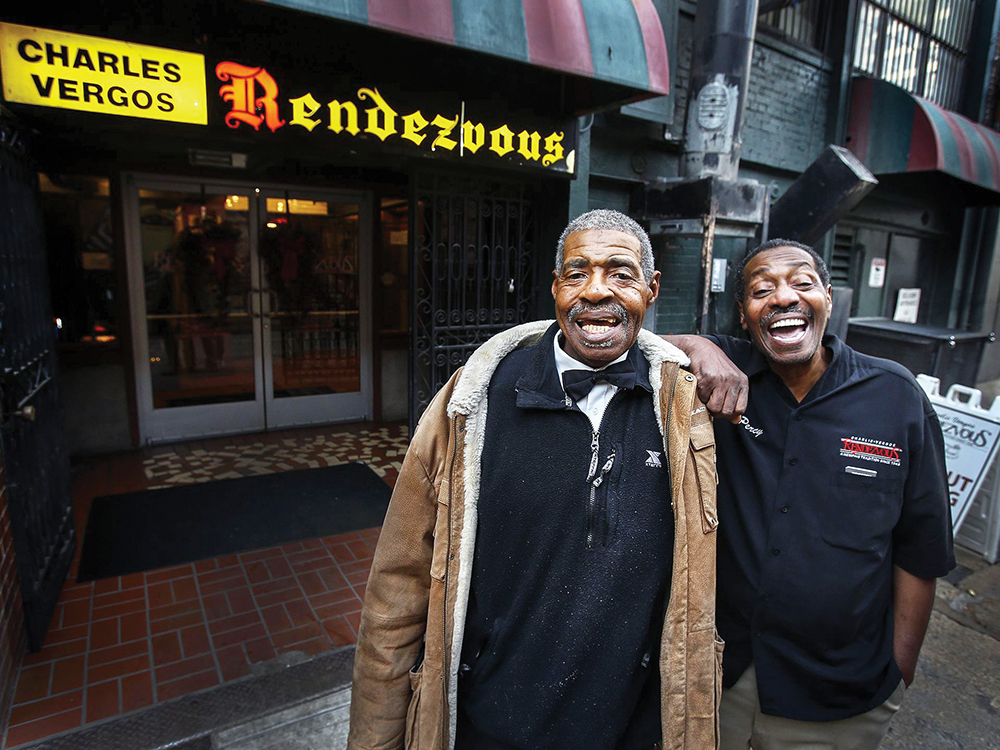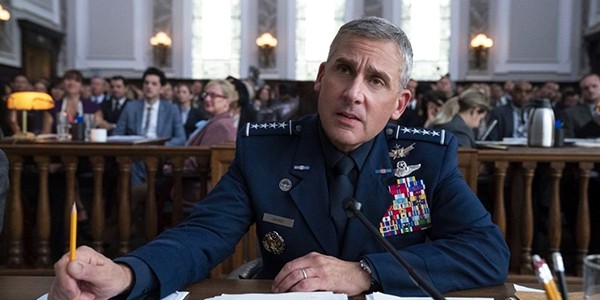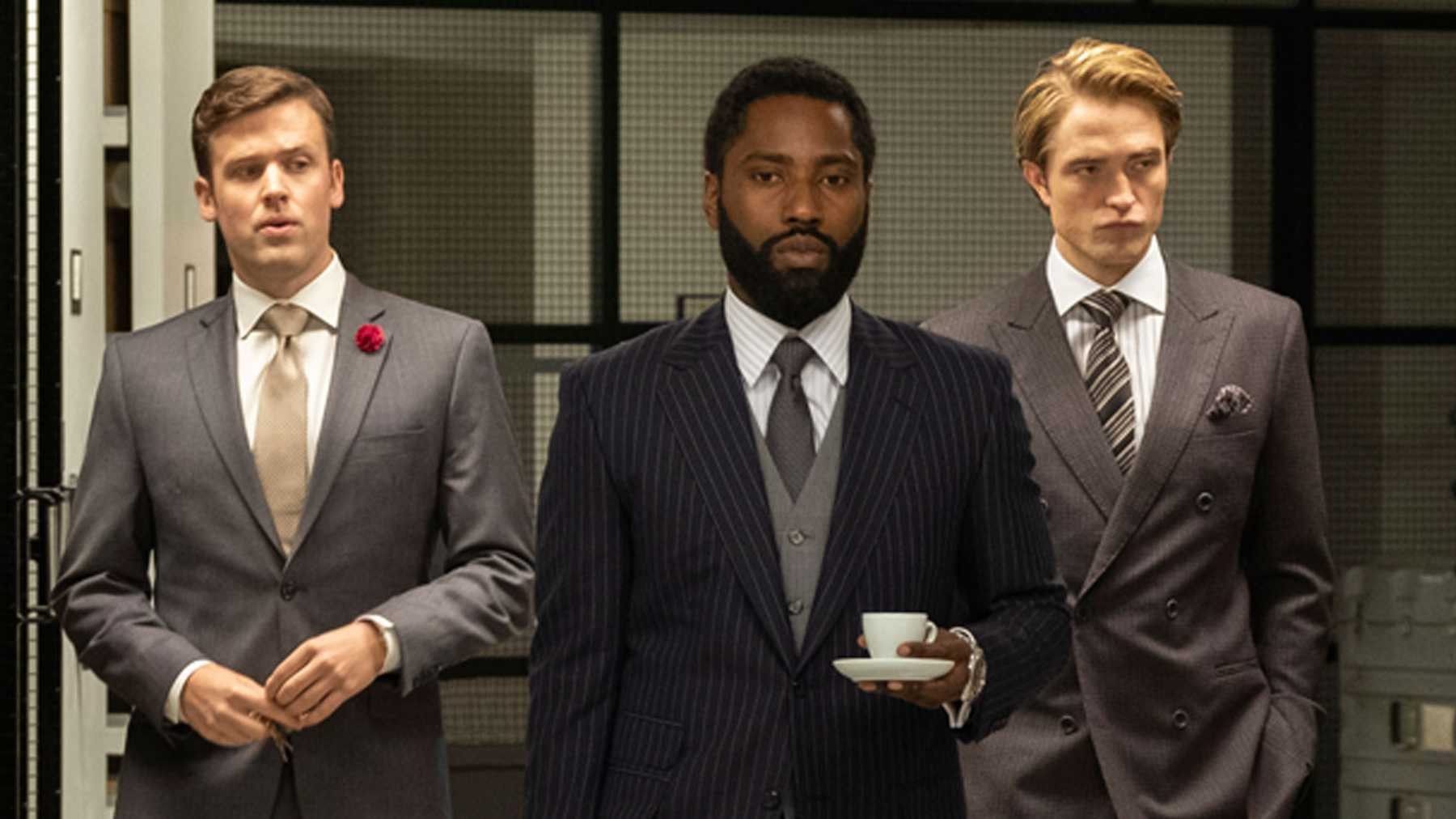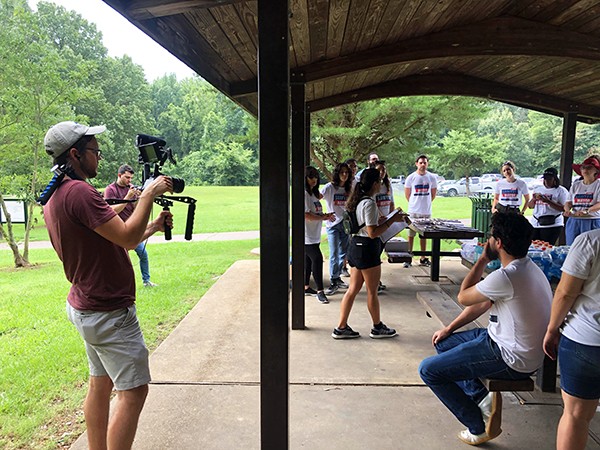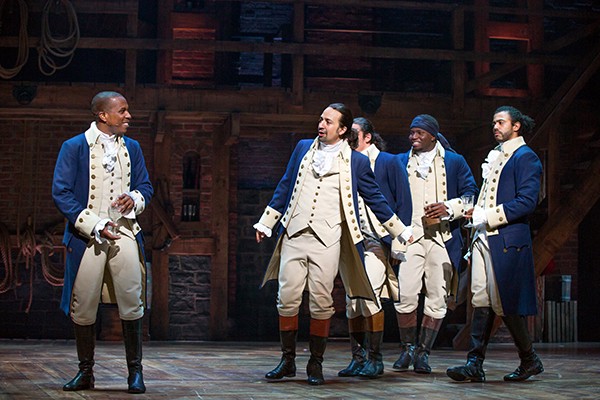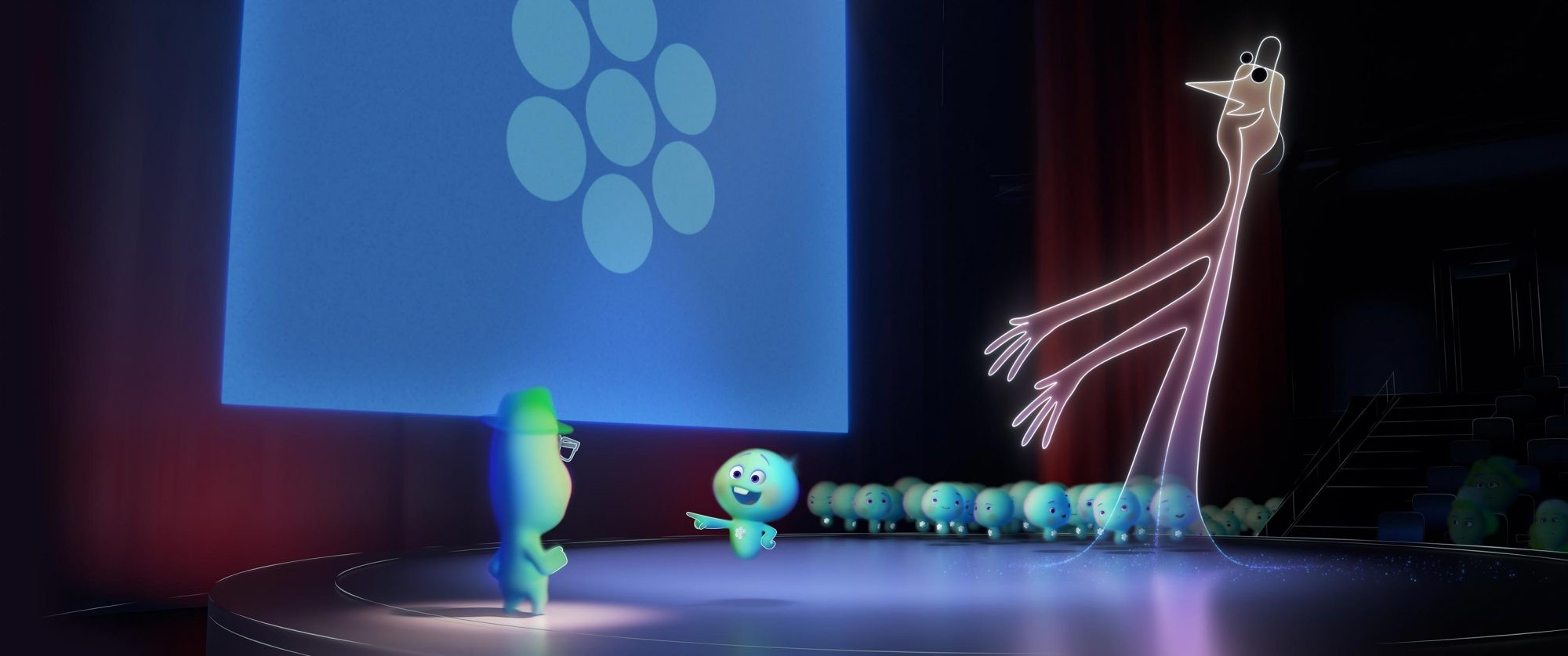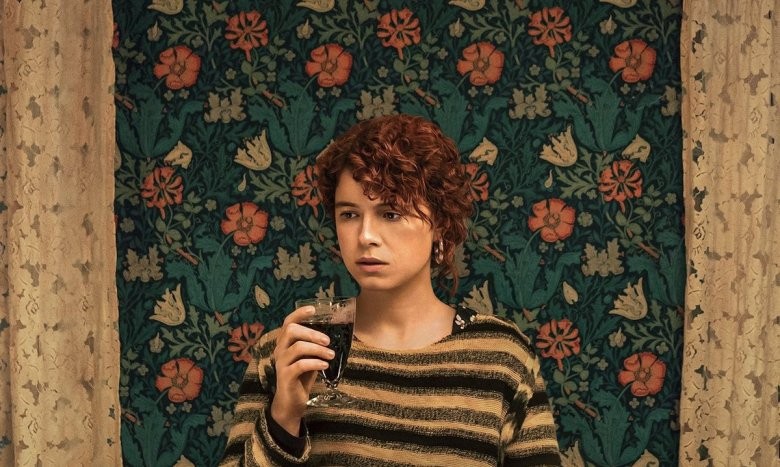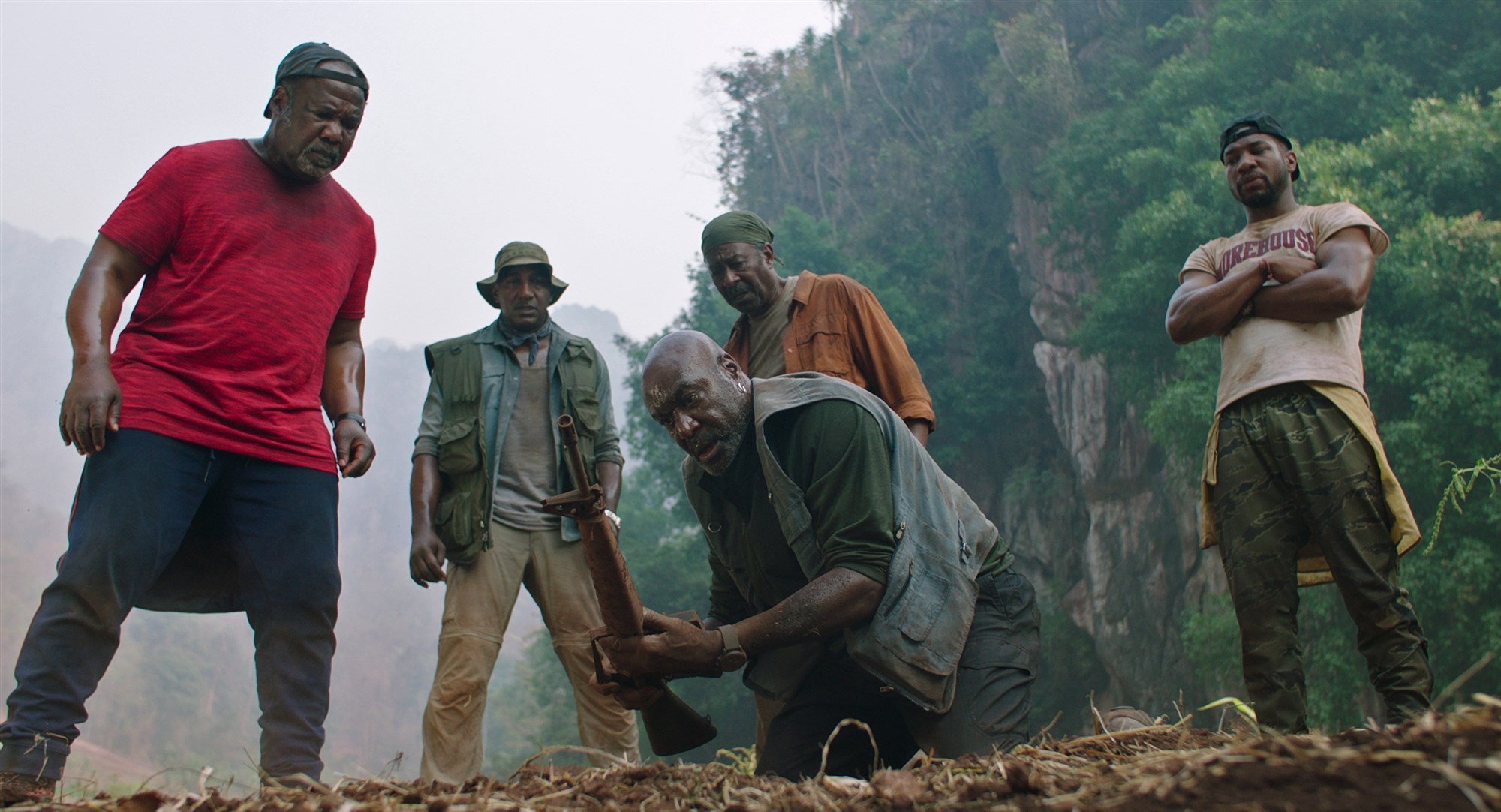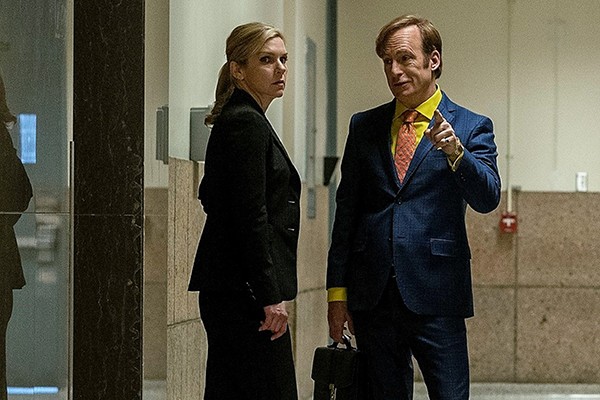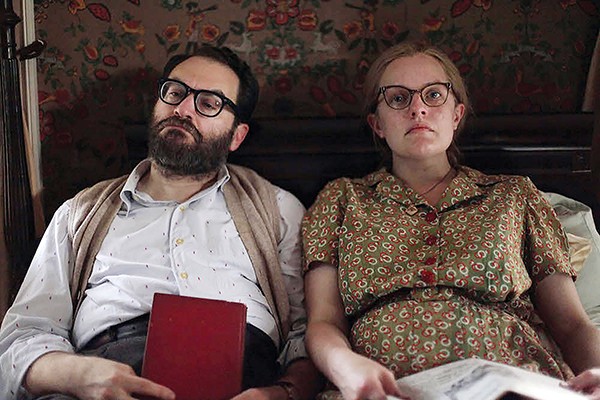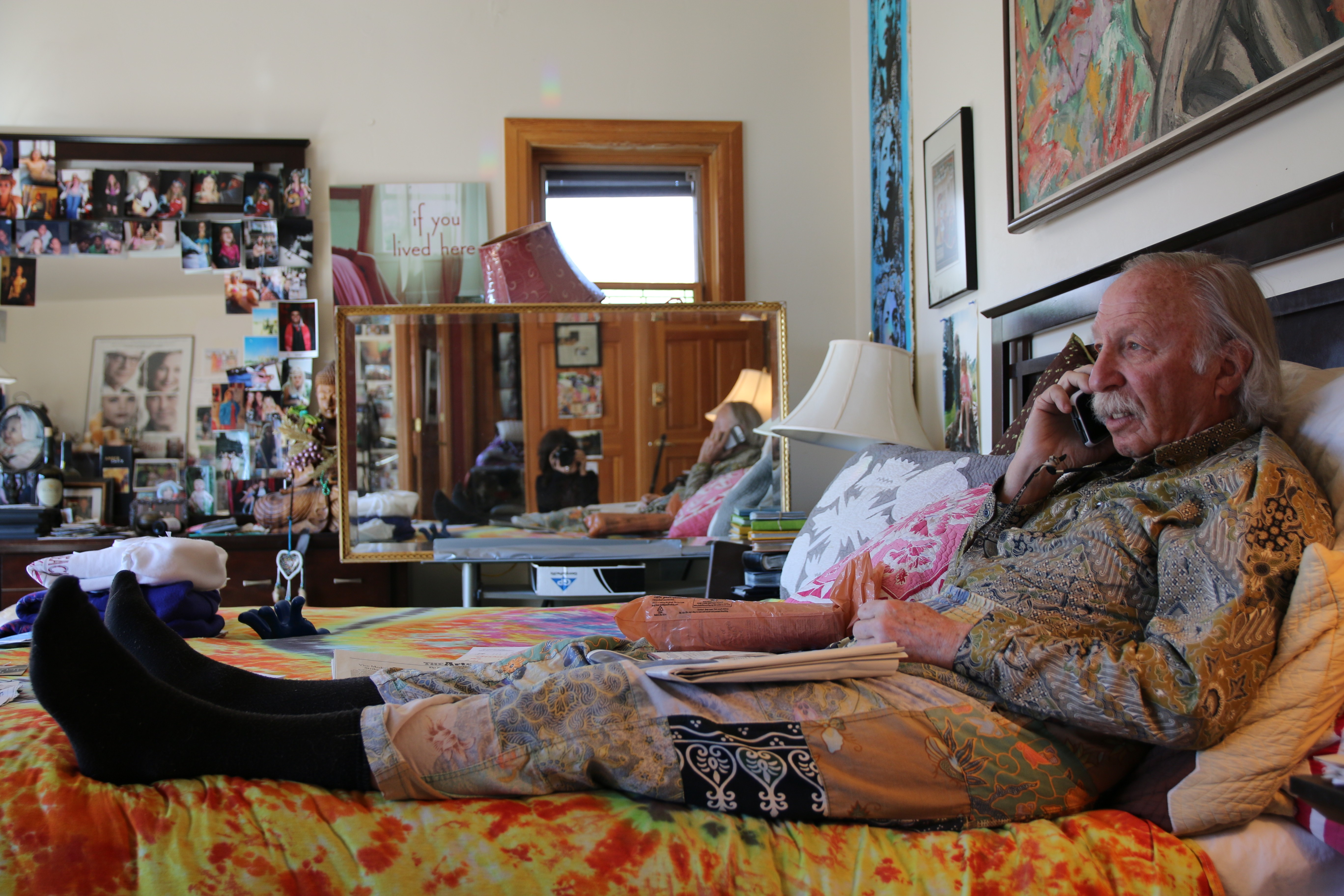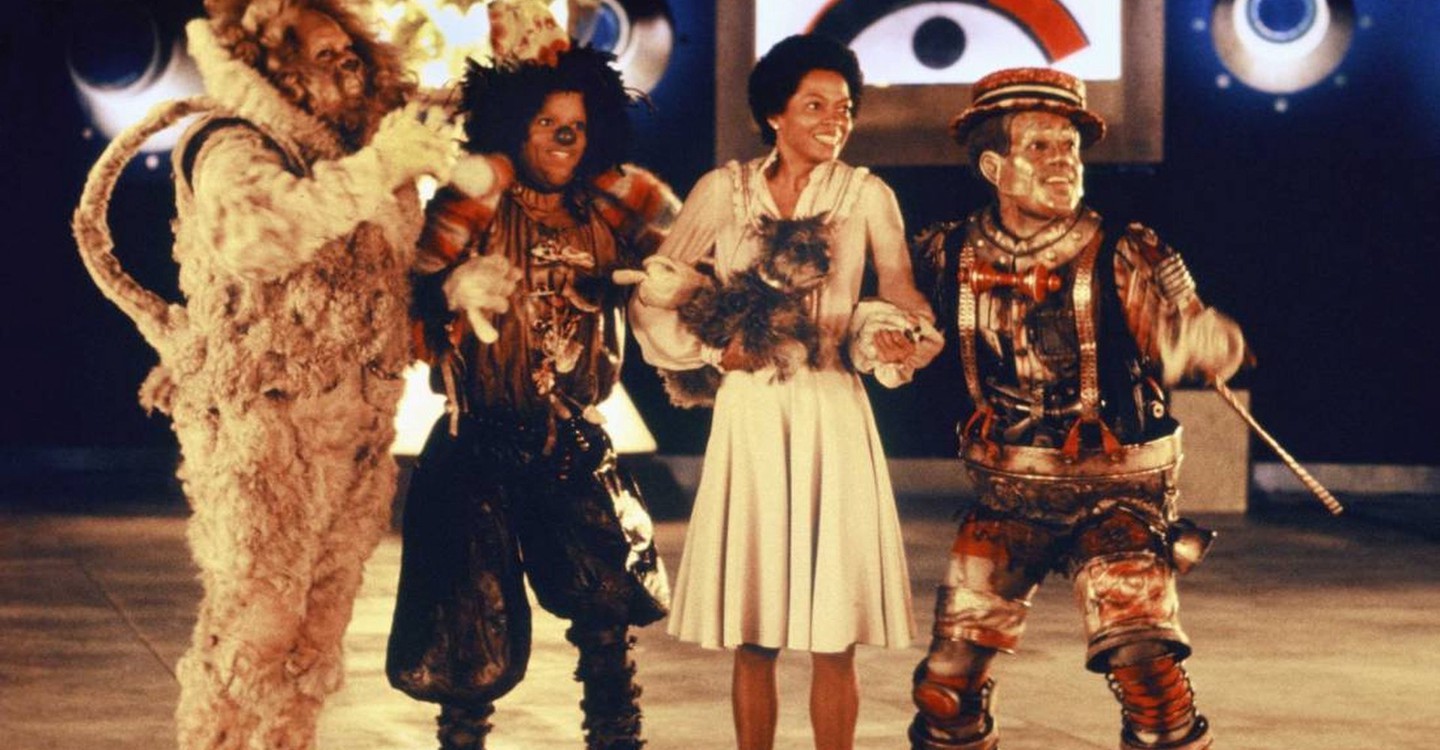The 25th Indie Memphis Film Festival concluded last Monday with a film that made a case for the importance of the 1970 Blaxploitation wave, and a film that proved its point. Is That Black Enough For You? is the first movie by Elvis Mitchell, a former New York Times film critic and cinema scholar turned documentary director. Mitchell traced the history of Black representation in film from the era of silent “race” pictures and D.W. Griffith’s pro-KKK, proto-blockbuster Birth of a Nation through the foreshortened careers of Harry Belafonte and Dorothy Dandridge to the wave of low-budget, Black-led gangster, adventure, and fantasy films which started in the late 1960s and crested with The Wiz. Films like Superfly and Coffy, Mitchell argues in his voluminous voice-over narration, presented the kinds of rousing heroes that attracted film-goers while the New Hollywood movement presented visions of angst-filled antiheroes.
Blaxploitation films also introduced a new kind of music to films and the concept of the soundtrack album, which was often released before the movie itself in order to drum up interest. The prime example was Shaft, which featured an Academy Award-winning soundtrack by Isaac Hayes. Mitchell introduced the classic with Willie Hall, the Memphis drummer who recorded the immortal hi-hat rhythm that kicks off Hayes’ theme song. Mitchell revealed in Is That Black Enough For You? that Hayes had been inspired by Sergio Leone’s score for Once Upon a Time in the West, and the score he penned for Shaft still holds up, providing much of the detective film’s throbbing propulsion.
The winners of the competitive portion of the 2022 film festival were announced at a hilariously irreverent awards ceremony Saturday evening at Playhouse on the Square. After a two-year hiatus, Savannah Bearden returned to produce the awards, which were “hosted” by Birdy, the tiny red metal mockingbird which has served as the film festival’s mascot for years. But amidst the nonstop jokes and spoof videos, there were genuinely touching moments, such as when Craig Brewer surprised art director and cameraperson Sallie Sabbatini with the Indie Award, which is given to outstanding Memphis film artisans, and when former Executive Director Ryan Watt was ambushed with the Vision Award.
The Best Narrative Feature award went to Our Father, the Devil, an African immigrant story directed by Ellie Foumbi. Kit Zauhar’s Actual People won the Duncan Williams Best Screenplay Award. The Documentary Feature award went to Reed Harkness for Sam Now, a portrait of the director’s brother that has been in production for the entire 25 years that Indie Memphis has been in existence.
The Best Hometowner Feature award, which honors films made in Memphis, went to Jack Lofton’s The ’Vous, a moving portrait of the people who make The Rendezvous a world-famous icon of Memphis barbecue. (“We voted with our stomachs,” said jury member Larry Karaszewski.) The Best Hometowner Narrative Short went to “Nordo” by Kyle Taubken, about a wife anxiously waiting for her husband to return from Afghanistan. Lauren Ready earned her second Indie Memphis Hometowner Documentary award for her short film “What We’ll Never Know.”
In the Departures category, which includes experimental, genre, and out-of-the-box creations, This House by Miryam Charles won Best Feature. (This House also won the poster design contest.) “Maya at 24” by legendary Memphis doc director Lynne Sachs won the Shorts competition, and “Civic” by Dwayne LeBlanc took home the first trophy in a new Mid-Length subcategory.
Sounds, the festival’s long-running music film series, awarded Best Feature to Kumina Queen by Nyasha Laing. The music video awards were won by the stop-motion animated “Vacant Spaces” by Joe Baughman; “Don’t Come Home” by Emily Rooker triumphed in the crowded Hometowner category.
Best Narrative Short went to “Sugar Glass Bottle” by Neo Sora, and Best Documentary Short went to “The Body Is a House of Familiar Rooms” by Eloise Sherrid and Lauryn Welch.
Some of the Special Awards date back to the origin of the festival in 1998, such as the Soul of Southern Film Award, which was taken by Ira McKinley and Bhawin Suchak’s documentary Outta The Muck. The Ron Tibbett Excellence in Filmmaking Award went to Me Little Me by Elizabeth Ayiku. The Craig Brewer Emerging Filmmaker Award went to Eric Younger’s Very Rare.
The IndieGrants program, which awards $15,000 in cash and donations to create short films, picked Anna Cai’s “Bluff City Chinese” and A.D. Smith’s “R.E.G.G.I.N.” out of 46 proposals submitted by Memphis filmmakers.
